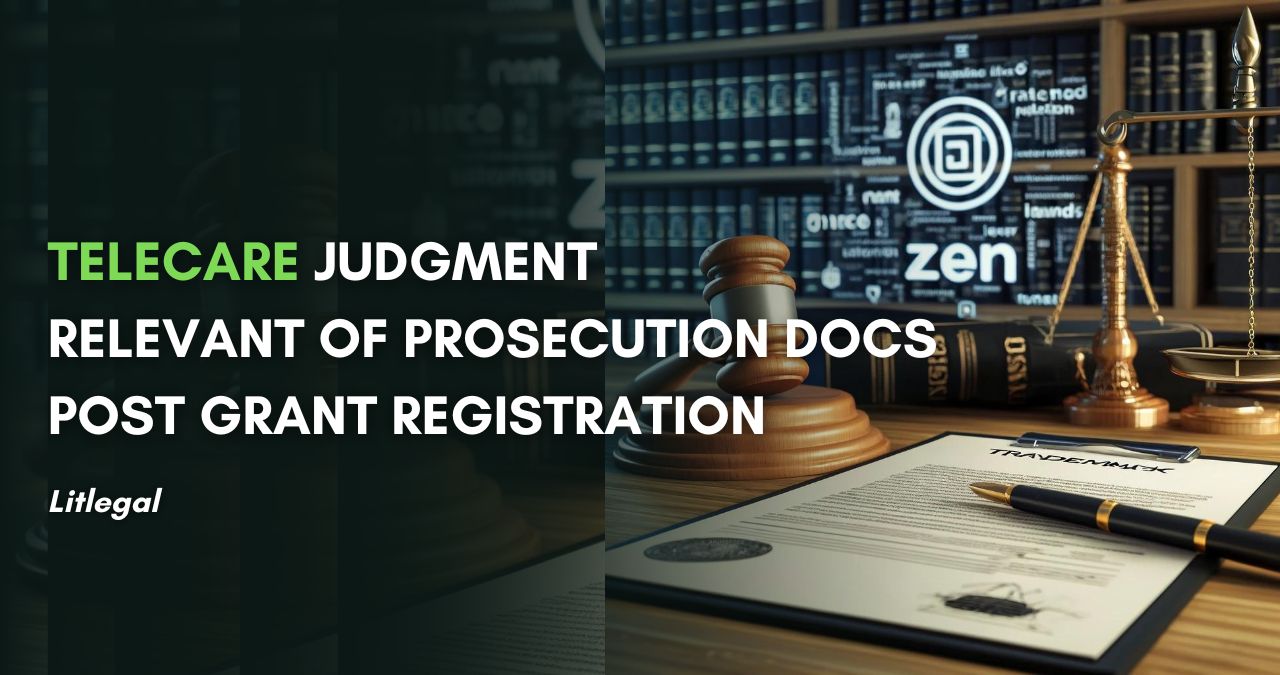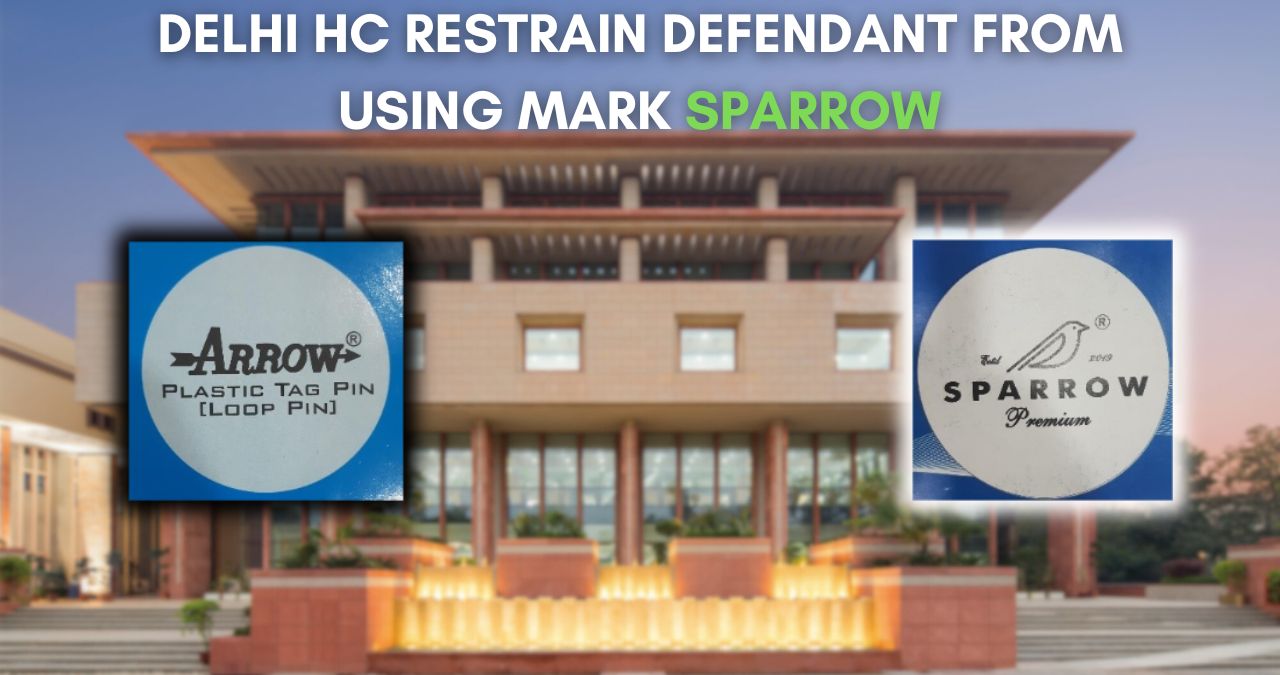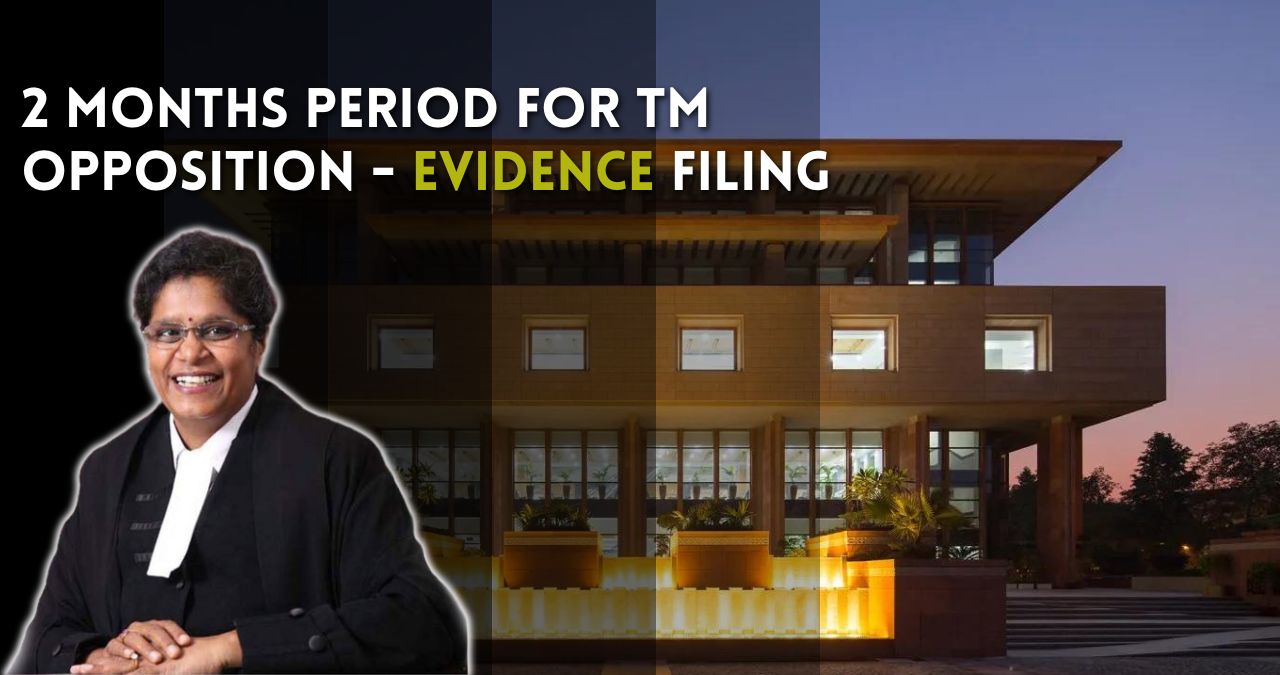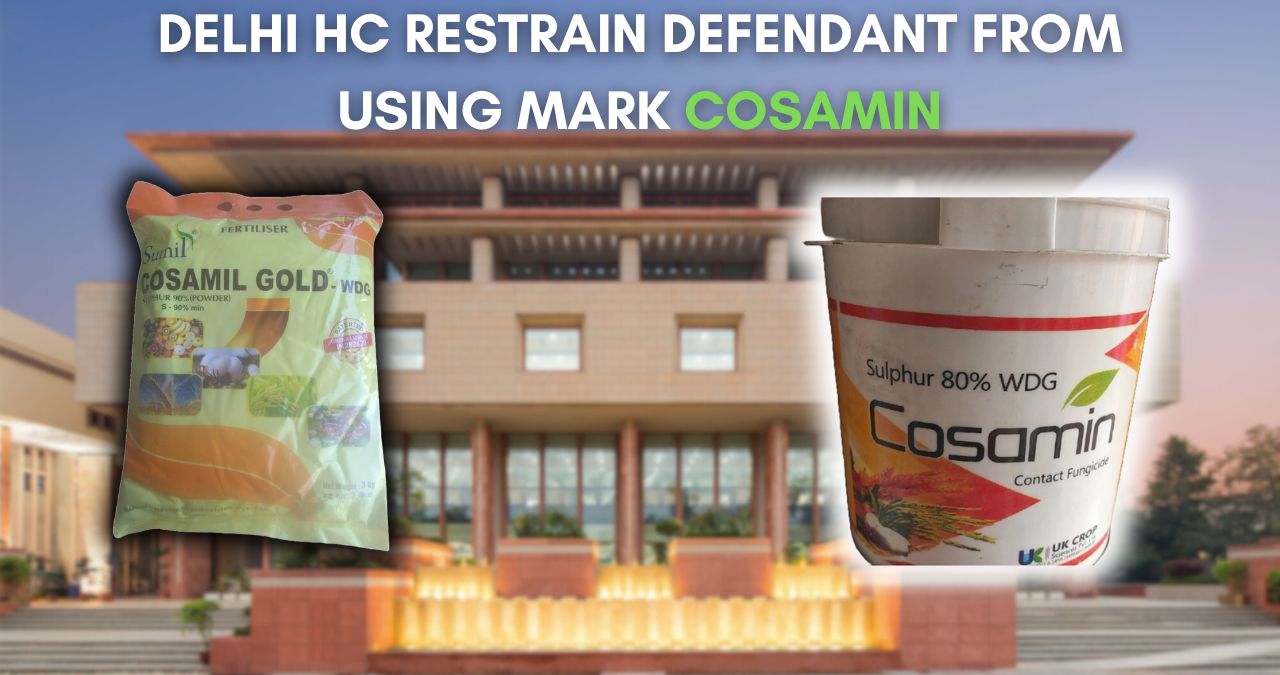Jurisprudence Deduced: POST GRANT OF REGISTRATION OF THE MARK NEITHER THE EXAMINATION REPORT NOR THE REPLY TO THE SAME ARE RELEVANT DOCUMENTS.
Case: Teleecare Network India Pvt. Ltd. vs. Asus Technology Pvt. Ltd.
Nature: This case involves a trade mark dispute pertaining to the use of the marks “ZEN” and “ZENFONE.” Teleecare Network India Pvt. Ltd., the plaintiff, filed a suit against Asus Technology Pvt. Ltd. for passing off and infringement of its registered trade marks “ZEN” and “ZEN MOBILE”.
Plaintiff’s Arguments
The Plaintiff, Teleecare Network India Pvt. Ltd. claimed prior use of the trade marks “ZEN” and “ZENMOBILE” i.e., since the year 2008. Plaintiffs further contended that these marks have attained significant goodwill and recognition qua the mobile phone sector, even emphasizing on their advertisements which featured Mr. Amitabh Bachchan as brand ambassador.
The Plaintiff asserted that its trade mark is arbitrary, since the marks have no direct connection to the mobile phone sector, and thereby qualified to being protected.
Plaintiff argued that the Defendant’s use of the impugned mark “ZENFONE” is highly likely to cause confusion and deception among the consumers due to the core element of both marks “ZEN” being identical.
It was then further submitted by the Plaintiff that such deceptive similarity between the marks may also lead to consumers mistakenly believing an association of the Defendant’s product with the Plaintiff.
It was then further submitted that such likelihood of confusion, compounded by the fact that competing products have similar price range and consumer target.
Defendant’s Arguments
The Defendants, rejecting the Plaintiff’s claims, submitted that the use of the impugned mark “ZENPHONE” has been derived from ZEN philosophy, which has also drastically influenced the design of many other products of the Defendant, and overall brand ethos.
The Defendant claimed to have been using the Zen Design Concept, namely the concentric circles (giving the effect of ripples in water) on its gadgets outer surfaces since long.
Further, the Defendant showcased the use of mark “ZEN” in many of its products, including their laptops “ZENBOOK”, tablets “ZENPAD”, UI System “ZENUI”, camera flash lights “ZENFLASH”, among other products since 2011.
The Defendants argued that the mark “ZEN” was common to trade and generic in nature and there were various third-party manufacturers who had got the mark ZEN registered.
Defendant’s counsel pointed out that a search report conducted on the Trade Marks Registry’s website revealed that there were more than 100 ZEN/ZEN formative marks registered by third parties under Class 9 of the Trade Marks Act, 1999 for mobile phones, mobile handsets etc. and there were numerous other marks registered in various other Classes.
Therefore, the Defendant submitted that, the Plaintiff cannot seek exclusive rights on the term “ZEN”. The Defendant has also highlighted that the Plaintiff’s trademark registrations are primarily for device/label marks and not word marks, thereby further limiting the scope of exclusivity the Plaintiff can claim over the word “ZEN”.
Finally, the Defendant pointed out that, the plaintiff in its response to the examination report dated 01st May, 2010 for Application No. 1733503 had categorically admitted that the word ZEN was generic in nature and no one party could claim exclusivity over the same.
Hon’ble Court Decision on Post-Grant of Registration and Approbate & Reprobate
In this case, an important jurisprudential precedence forming observation was made by the Hon’ble Court regarding the relevance of certain documents post the grant of registration of a trade mark.
The Hon’ble Court in this matter observed 2 main points:
a) once a mark is registered, the certificate of registration is seen as it is and the Examination Report or Plaintiff’s Reply are no longer relevant documents; and
b) the Defendants having themselves applied for registration of a mark cannot be permitted to approbate and reprobate, and are therefore estopped from contenting that said mark in common or generic to trade.
Author: Aditya Gandhi



